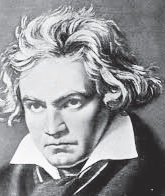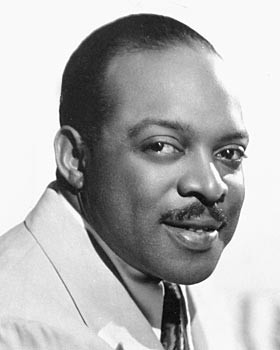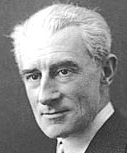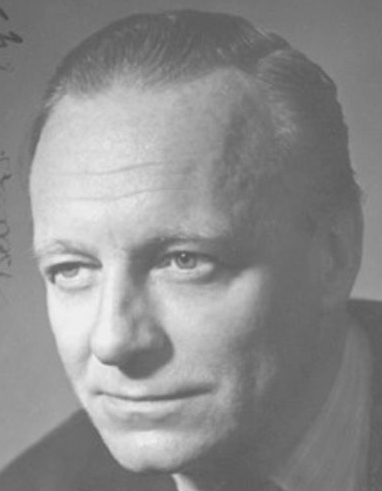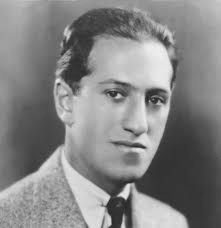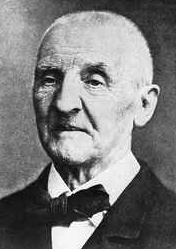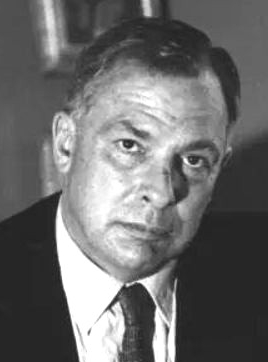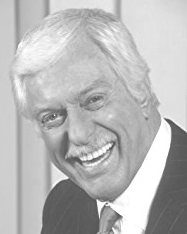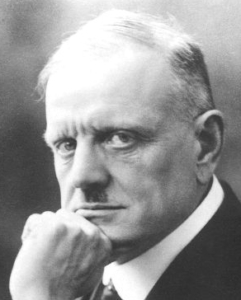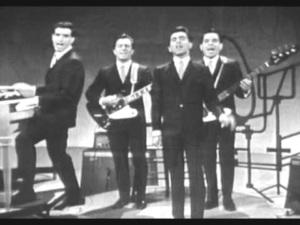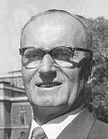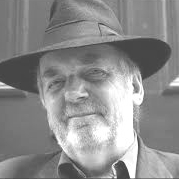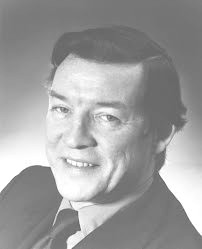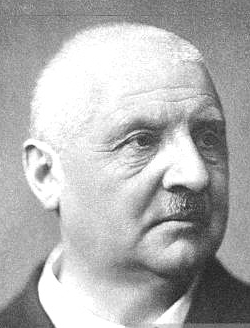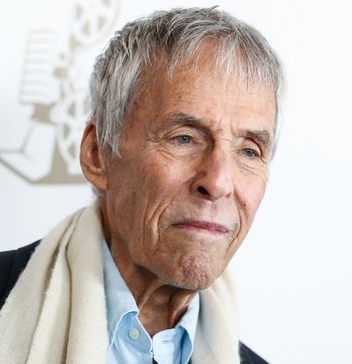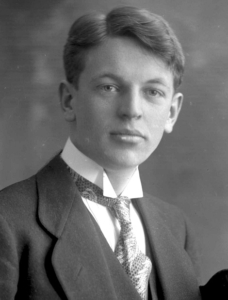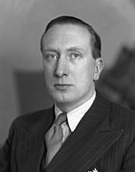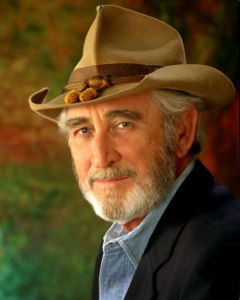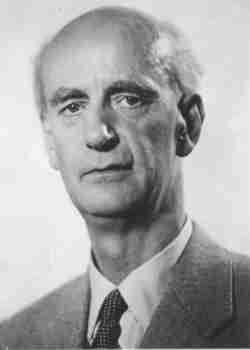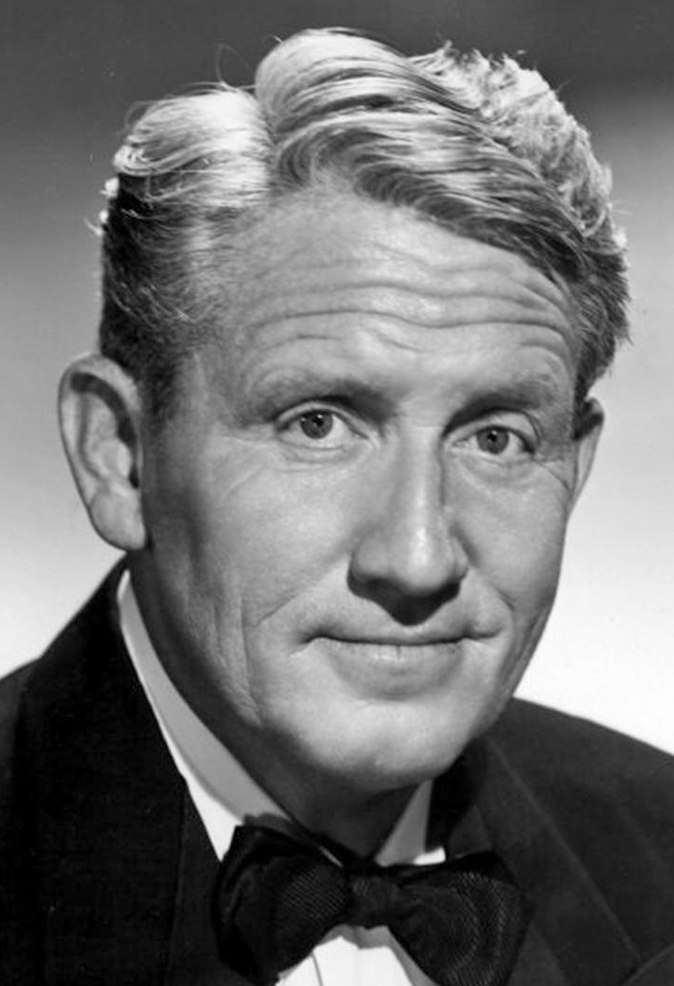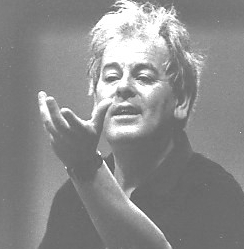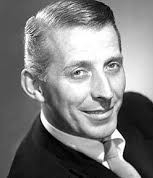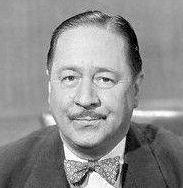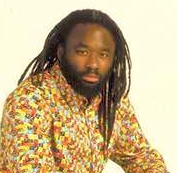REVIEW POTPOURRI – Book: The Fifties by David Halberstam
 by Peter Cates
by Peter Cates
David Halberstam
The Fifties
Villard Press, 1993, 733 pages
A maxim that underscored journalist David Halberstam’s work ethic was that being a professional meant doing the work one loved on the days one didn’t feel like doing it; this combination of passion and painstaking self-discipline resulted in roughly 22 books and countless articles.
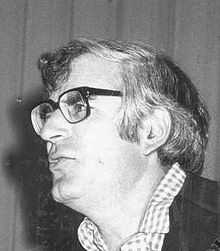
David Halberstam
Born on April 10, 1934, in New York City and raised in Connecticut, he was a classmate of consumer advocate Ralph Nader. In 1955, he graduated from Harvard in the bottom third of his class and was hired as a reporter by newspapers in Mississippi and Tennessee, being the only one to cover the Nashville sit-ins. On a lighter note, I remember reading his liner notes for an LP of country pianist Floyd Cramer.
Beginning in the early ‘60s, Halberstam’s books on Vietnam, the media, big business and sports occupied him for over four decades. His gifts for story telling characterized the 1979 The Powers That Be, a riveting study of Time magazine’s Henry Luce, CBS’s William Paley and the Washington Post’s Phil Graham. The Post chapters contained one very good account of Bob Woodward and Carl Bernstein’s news investigation leading to the Watergate trial.
The Fifties is a massive-sized narrative panorama of a continually fascinating decade. Halberstam’s mastery of the character sketch shines in his portraits of Presidents Truman and Eisenhower; Red-baiting Wisconsin Democratic Senator Joseph McCarthy,”shrewd, insecure and defensive,” as tellingly and understatedly described by the author; mystery writer Mickey Spillane, creator of the vigilante lone detective Mike Hammer who went after Communists instead of gangsters and the politicians; the McDonald brothers, whose hamburger stand was transformed by Ray Kroc into a multi-billion dollar empire; Lucille Ball and Desi Arnaz, Milton Berle, and Sid Caesar, who brought low-brow slapstick comedy to the mass television audiences, who clamored for more; nuclear scientist Edward Teller and his hydrogen bomb; Elvis Presley; sex researcher Alfred Kinsey and publisher Hugh Hefner, with their launching of the insidious sexual revolution; and a huge range of other personalities in as many spheres of influence who contributed so much to the decade’s perpetual interest. For me, the quiet seamstress Rosa Parks is arguably the central figure of monumental interest – her refusal to move to the back of the bus was a significant contribution to spurring the long-needed and awaited Civil Rights movement.
David Halberstam was killed in an automobile crash near San Francisco en route to interview football legend Y.A. Tittle for one of two books he had in preparation. He was 73 years old.


